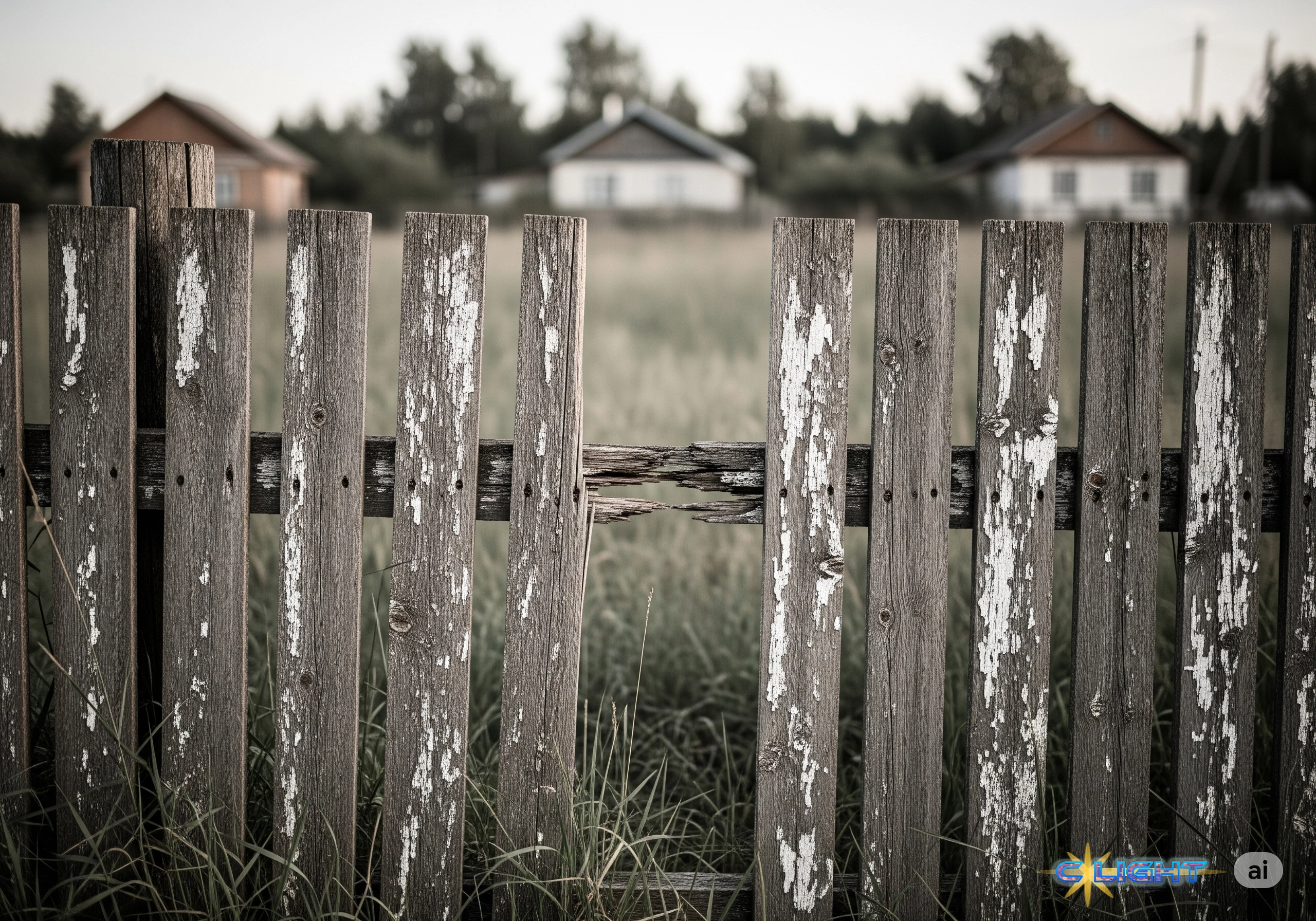In the small, rural town of Brent, Alabama, there was a concrete bunker, built as an underground storm shelter. In a region known for destructive tornadoes, it was meant to be a refuge, a place of ultimate safety from a violent and unpredictable world. But as the community is now learning in horrifying detail, that refuge of safety was transformed into a den of horrors. According to the Bibb County Sheriff, for at least three years, a sex trafficking ring allegedly used that bunker to drug, torture, and abuse at least ten children, some as young as three years old. Seven people have been arrested, including the parents of several of the victims. “I know God’s forgiveness is boundless,” said Sheriff Jody Wade, “but if there was a limit to it, I think we reached it.”
Part I: The Shattered Myth of “Mayberry”
The news of the “bunker case” has shattered the community. In a region where churches are as prolific as the kudzu vines, the revelation of something so sinister happening in their own backyard has been a profound test of faith. The dominant question, voiced by residents at prayer vigils and in hushed conversations, is a haunting one: “How did no one know?” For many, sex-abuse scandals were the province of rich elites, like the late Jeffrey Epstein. The feeling was that their small, tight-knit town was safer than the big cities. As the local District Attorney, Robert Turner Jr., warned, “We can’t assume that just because we’re in small towns that everything operates like it did in the days of ‘The Andy Griffith Show.’ A lot of these small towns may appear to be Mayberry, but they are far from it.”

Part II: The Anatomy of a Systemic Failure
The horrifying truth is that people did know, or at least they saw the signs. But the systems designed to protect those children failed them at every turn. According to reports, a former teacher in Bibb County repeatedly raised concerns about one of the victims, who showed clear signs of neglect, but her complaints “went nowhere.” This is a story echoed by other former teachers, who note that while they are trained as mandatory reporters, their reports of possible abuse sometimes result in “nothing.”
This local failure is a symptom of a much larger, national crisis. Child Protective Services across the country are chronically underfunded, understaffed, and overwhelmed. In Alabama, the Department of Human Resources (DHR) is no exception. In a shocking revelation, court records show that the agency had previously removed four children from the home of one of the now-accused families, only to return them to their parents just a month before one of the parents was arrested for trafficking. The very system designed as the last line of defense for these children sent them back into the bunker. This is compounded by the fact that rural communities, often beset by poverty and isolation, are particularly vulnerable to trafficking, especially when it involves relatives or close family connections.
Part III: The Pervasive, Invisible Crisis
The problem, however, goes far beyond a single case, a single failed agency, or a single region. The quiet, pervasive crisis of child abuse and neglect in America is not a rural problem or an urban problem; it is the “whole damn thing.” Having traveled this country for over forty years, I have seen the signs of it in every community I have ever visited. It is the story of children without clean clothes, without working toilets, without enough food to eat. It is the story of physical and emotional abuse that happens behind closed doors, a silent epidemic that we, as a society, have chosen not to see.
I knew victims when I was a child myself, but at that young age, you don’t realize that a crime is happening right in front of you. You don’t have the language or the context for it. As adults, we have the context, but we often lack the courage to use the language. We have become comfortable with the idea that these are private, family matters. We tell ourselves that the numbers couldn’t possibly be that high, because if we were to see the truly accurate statistics of child hunger, abuse, and neglect in this nation, we would be forced to confront a level of national shame that is simply too much to bear.

The Cost of Looking Away
The horror of Bibb County is the inevitable result of a society that has perfected the art of looking away. And this brings us to the most uncomfortable truth of all. The Jeffrey Epsteins of the world, with their private islands and powerful friends, get away with what they do because we, as a society, have made it a habit to allow the people in our own hometowns to do the same, or worse. The spectacular crimes of the elite are built upon a foundation of our collective silence about the mundane, pervasive evil that happens next door. We are outraged by the monster on the television screen because it allows us to ignore the bunker down the street. The first step in confronting this national crisis is to finally stop making that distinction, to realize that it is all part of the same sickness, and to finally, after all this time, confront ourselves.
Discover more from Clight Morning Analysis
Subscribe to get the latest posts sent to your email.










